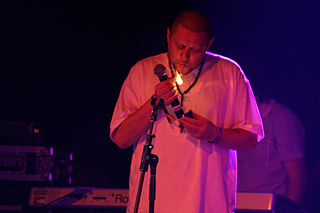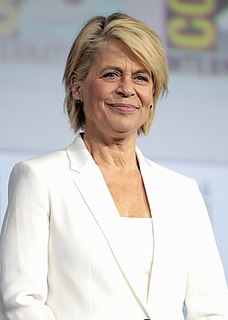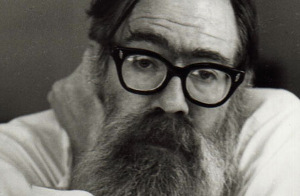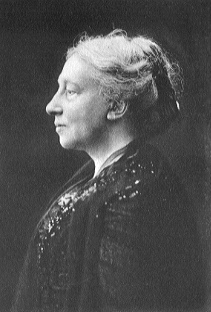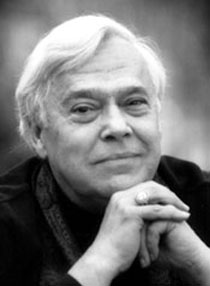A Quote by Shaun Ryder
Tony Wilson once compared me to WB Yeats. It didn't really mean that much because I didn't have a clue who Yeats was.
Related Quotes
Anyone who has read Yeats's wonderful Autobiography will remember his Sligo shabby, shadowed, half country and half sea, full of confused romance, superstition, poverty, eccentricity, unrecognized anachronism, passion and ignorance and the little boy's misery. Yeats was treated well but was bitterly unhappy; he prayed that he would die, and used often to say to himself: "When you are grown up, never talk as grown-up people do of the happiness of childhood.
The sad fact is that I love Dickens and Donne and Keats and Eliot and Forster and Conrad and Fitzgerald and Kafka and Wilde and Orwell and Waugh and Marvell and Greene and Sterne and Shakespeare and Webster and Swift and Yeats and Joyce and Hardy, really, really love them. It’s just that they don’t love me back.
There is a part of me that will forever want to be walking under autumn leaves, carrying a briefcase containing the works of Shakespeare and Yeats and a portable chess set. I will pass an old tree under which once on a summer night I lay on the grass with a fragrant young woman and we quoted e.e. cummings back and forth.
Insofar as I think about postmodernism at all, and it doesn't exactly keep me awake at nights, I think of it as something that happens to one, not a style one affects. We're postmoderns because we're not modernists. The modernist writers?Pound, Eliot, Joyce, Stevens, Yeats, Woolf, Williams?spoke with a kind of vatic authority: they were really the last of the Romantics, for whom authorship itself was like being a solitary prophet in the wasteland.
